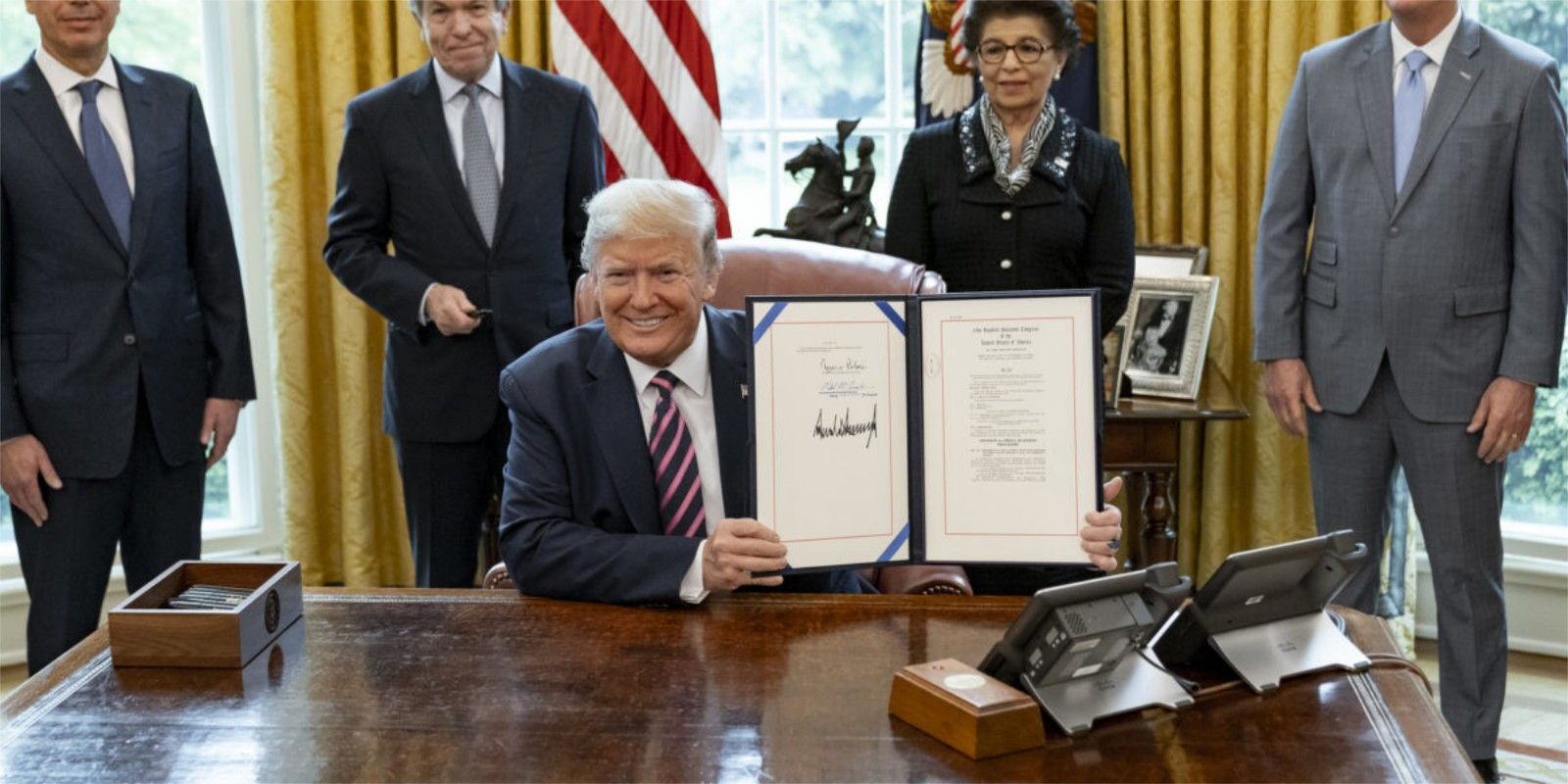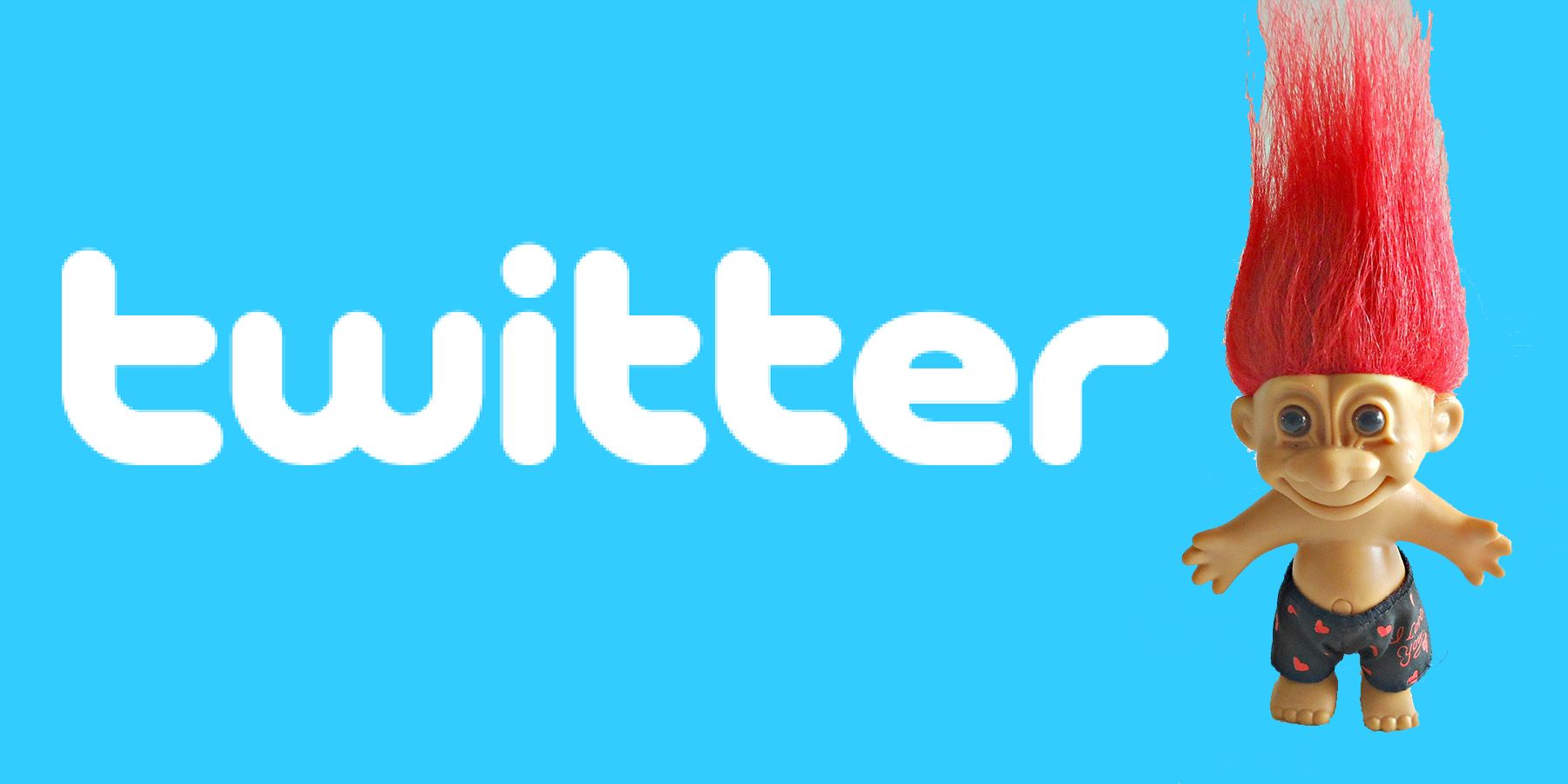
This week's drama between President Trump and Twitter has thrust us into an unexpected reality of wondering if a government official can close a website because it offers people more accurate information than said official. While the most likely scenario here is that nothing of note will change on either side, it's worth examining why that is, and what the possible outcomes are.
The issue started because of a change in Twitter's policy that was introduced at the start of the coronavirus pandemic. In an effort to both reduce panic levels and help people respect social distancing guidelines, Twitter (and other platforms like YouTube) decided to take a stand against misinformation. The idea was that stopping someone from posting inaccurate information about the virus could save lives. Since then, however, Twitter expanded to policy to encompass less potentially dangerous posts, in the name of slowing the spread of misinformation and presenting users with what it deems a reliable source.
The problem finally reached Donald Trump when he tweeted about mail-in voting, claiming that they're more subject to voter fraud. He was, of course, wrong about that and Twitter's labeling system marked his tweet with a link to accurate information titled "Get the facts about mail-in ballots". In response, Trump demanded that his administration "do something" about the label and that "something" came in the form of Thursday's executive order. The simple answer to the question is yes. This order could bring about the end of Twitter and every public internet forum in existence if it survives.

The way "The Executive Order on Preventing Online Censorship" works is by stripping websites of the protections given in section 230 of the Communications Decency Act, which says site owners can't be sued due to things people post on those sites. Without those protections, literally anyone who ever dislikes any post on a particular platform can sue the platform, demanding financial gain or the removal of said content. The "slippery slope" progression from there leads to the logical conclusion that no one can post anything since every post is a legal liability to the platform owner, which would force them into banning every post that anyone ever complains about or shutting down.
If you're wondering why the president, someone who should support free speech, would want to support a bill that shuts down the most-used avenue for free speech that has ever existed, you're not alone. While the order could lead to the end of Twitter, it would have to survive some insurmountable odds to ever come into effect, which is why there's most likely nothing to fear. It would have to override the freedom of speech protections of the First Amendment. It would have to rewrite which types of communications the FCC has control over. It would have to stand up to a vote in Congress, where Congress would most likely decide that this isn't worth losing every social media platform, given that it would have to affect Facebook, YouTube, TikTok, and so on.
There are two major ironies about all of this. The first is that Trump's argument stems from an often-repeated claim of social media bias that leads to platforms censoring right-wing ideas. Claims of said bias are demonstrably false and yet, Twitter does actually allow him to say that, and dozens of other factually inaccurate statements that violate its terms. The second ironic part of this is without social media, Trump would lose his social media marketing team, the entity political scientists agree is the primary strength of this campaign. Amusingly, on the off-chance that this order ever leads to a new law, it would also likely guarantee Trump loses his bid for re-election. He needs social media more than it needs him.
https://ift.tt/2TTOdWO
May 31, 2020 at 04:24AM




